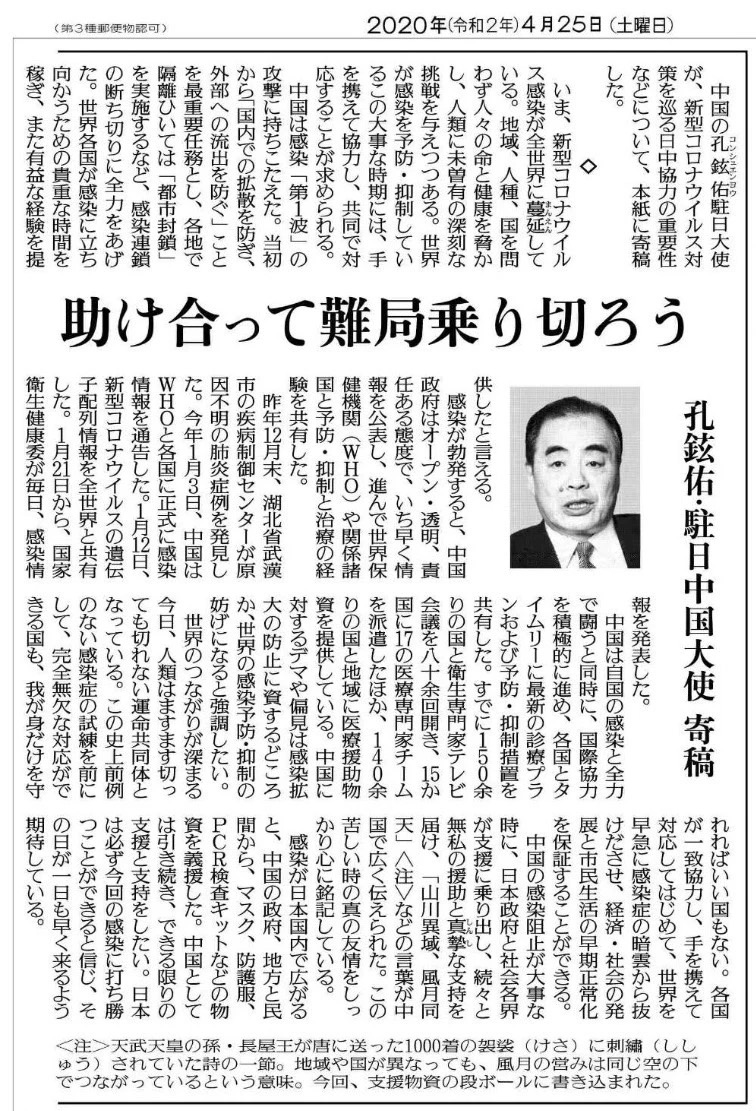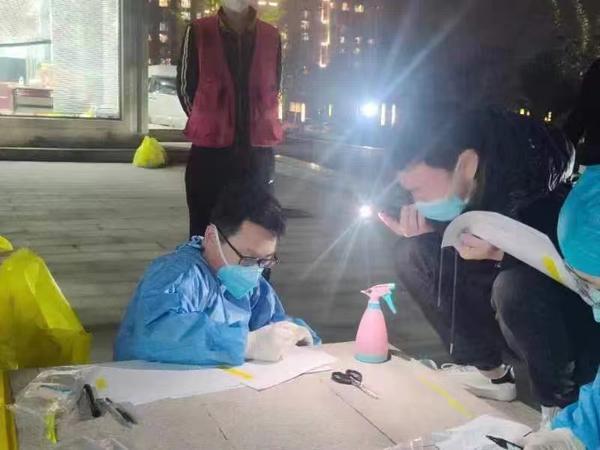The year 2020 marked a turning point in human history, as the world was gripped by the COVID-19 pandemic, an unprecedented global health crisis that reshaped our daily lives, economies, and social structures. To gain a deeper understanding of the pandemic's impact, its evolution, and the measures taken to combat it, we conducted a series of English language interviews with experts from various fields. This article summarizes some of the key insights gleaned from these interviews, offering a global perspective on the COVID-19 pandemic.
The Early Days: Understanding the Virus
In the initial stages of the pandemic, one of the primary concerns was the lack of understanding about the novel coronavirus, SARS-CoV-2. Dr. Sarah Gilbert, a leading virologist from Oxford University, shared her insights during our interview. "The rapid identification and sequencing of the virus's genome was crucial," she explained. "It allowed researchers to develop diagnostic tests and understand its transmission dynamics quickly." Dr. Gilbert emphasized the importance of international collaboration in this process, highlighting how sharing genetic sequences facilitated the global response.
The Economic Impact: A Financial Tsunami
Economists such as Professor Paul Krugman, a renowned economist from MIT, discussed the economic fallout of the pandemic in detail. "The COVID-19 crisis has exposed the fragility of our globalized economy," he said. "Lockdown measures to contain the virus's spread led to a sudden halt in production and consumption, resulting in a recession unlike any we've seen before." Professor Krugman emphasized the need for fiscal stimulus measures and a coordinated global response to mitigate the economic damage. He also highlighted the importance of supporting small businesses and vulnerable populations during this time.
Health Systems Under Pressure
Dr. Anthony Fauci, Director of the National Institute of Allergy and Infectious Diseases in the US, shared his insights on the challenges faced by health systems worldwide. "The pandemic has highlighted the critical need for robust healthcare infrastructure," he said. "Countries with weak health systems have been particularly vulnerable to surges in cases, leading to higher mortality rates." Dr. Fauci emphasized the importance of investing in public health infrastructure, including access to testing, treatment, and vaccination programs.
The Role of Technology in Combating the Pandemic
Technology played a pivotal role in both mitigating the spread of misinformation and facilitating remote work and learning. Our interview with Dr. Ethan Zuckerman, a digital anthropologist at MIT Media Lab, shed light on this aspect. "The pandemic accelerated the adoption of digital tools," he said. "While this has been a double-edged sword—bringing both benefits and challenges—it has also shown us the potential for technology to connect people and support communities." Dr. Zuckerman highlighted the importance of responsible use of technology to ensure privacy and security while leveraging its potential for good.
Vaccine Development: A Race Against Time
The race for a COVID-19 vaccine was one of the most significant developments during the pandemic. Our interview with Dr. Ugur Sahin, co-founder of BioNTech, a German biotech company involved in vaccine development, provided valuable insights. "The unprecedented collaboration between researchers, governments, and companies was crucial for developing vaccines at an unprecedented speed," he said. Dr. Sahin emphasized the importance of clinical trials and ethical considerations during this process, highlighting how safety remained a top priority throughout.
The Psychological Impact: A Silent Pandemic
The mental health impact of the pandemic has often been overlooked but was a significant concern for many individuals and communities. Our interview with Dr. Maria Konnikova, a psychologist and author, discussed this aspect. "The pandemic has created a perfect storm of stressors," she said. "Isolation, uncertainty, and economic instability have taken a toll on people's mental well-being." Dr. Konnikova emphasized the importance of mental health support systems and encouraged individuals to seek help when needed. She also highlighted the role of communities in providing emotional support during these challenging times.
The Future: Building Back Better
As we look towards the future, there are several lessons to be learned from the COVID-19 pandemic. Our interview with Professor Susan Cutter, an expert on disaster resilience at the University of Nebraska, provided valuable insights on this topic. "The pandemic has shown us that we need to be more prepared for future crises," she said. "This includes investing in infrastructure, improving public health systems, and fostering community resilience." Professor Cutter emphasized the importance of building back better by incorporating lessons learned from this experience into our planning and policies.
Conclusion: A Global Effort Needed
The COVID-19 pandemic has been a defining moment in recent history, exposing both our vulnerabilities and our resilience as a global community. Through our English language interview series, we have gained valuable insights into various aspects of this crisis—from understanding the virus to its economic and psychological impacts, and from vaccine development to building resilience for the future. The key takeaway is that this is a challenge that requires a collective global effort to overcome. As we continue to navigate through this uncertain time, it is essential to remember that every individual's contribution matters in creating a more resilient and equitable world post-pandemic.
转载请注明来自爬爬百科,本文标题:《全球英语访谈系列,COVID-19疫情的洞见与启示》












 京ICP备11000001号
京ICP备11000001号
还没有评论,来说两句吧...